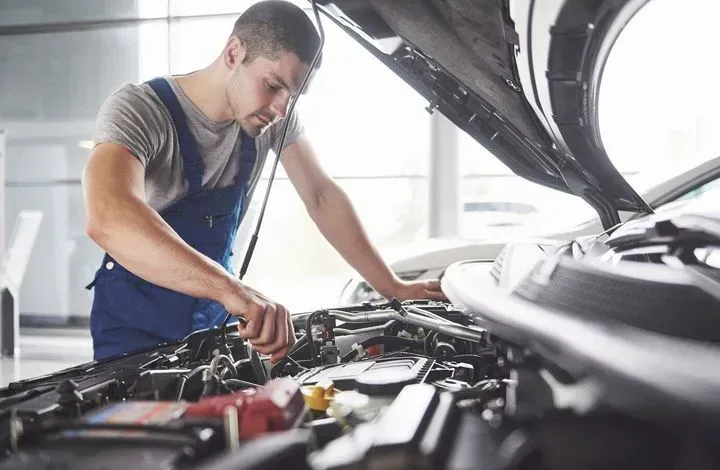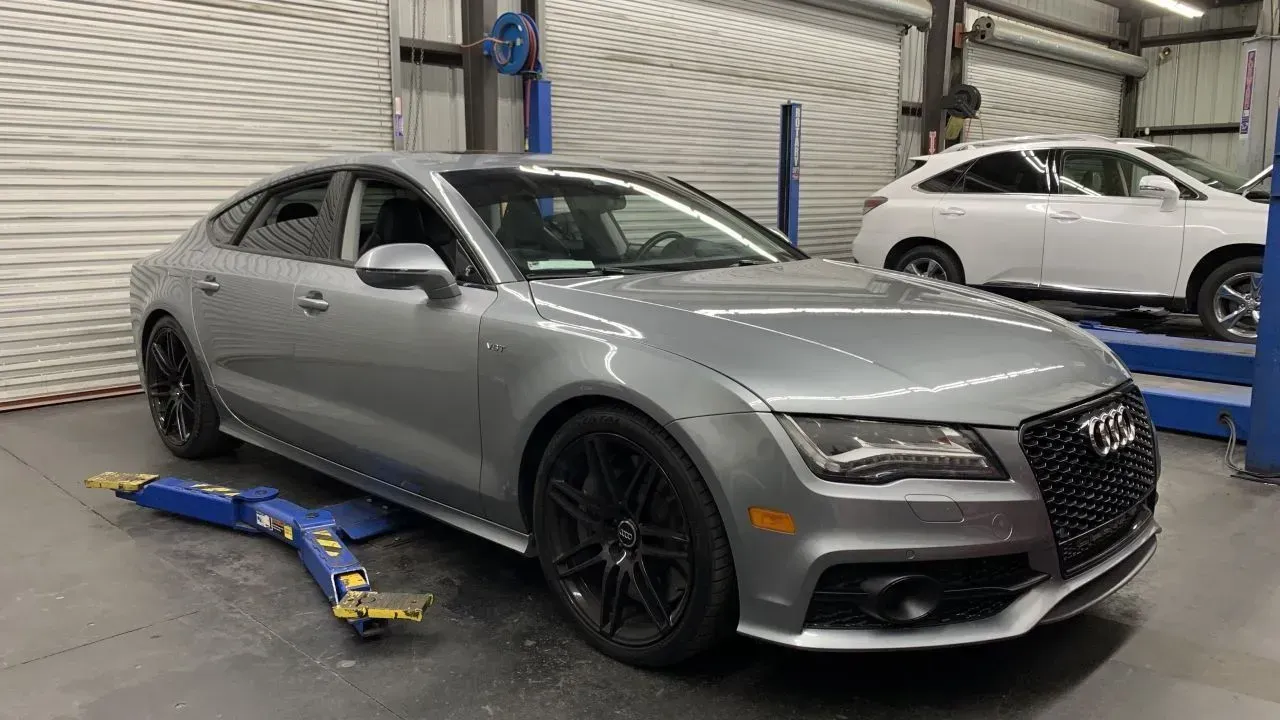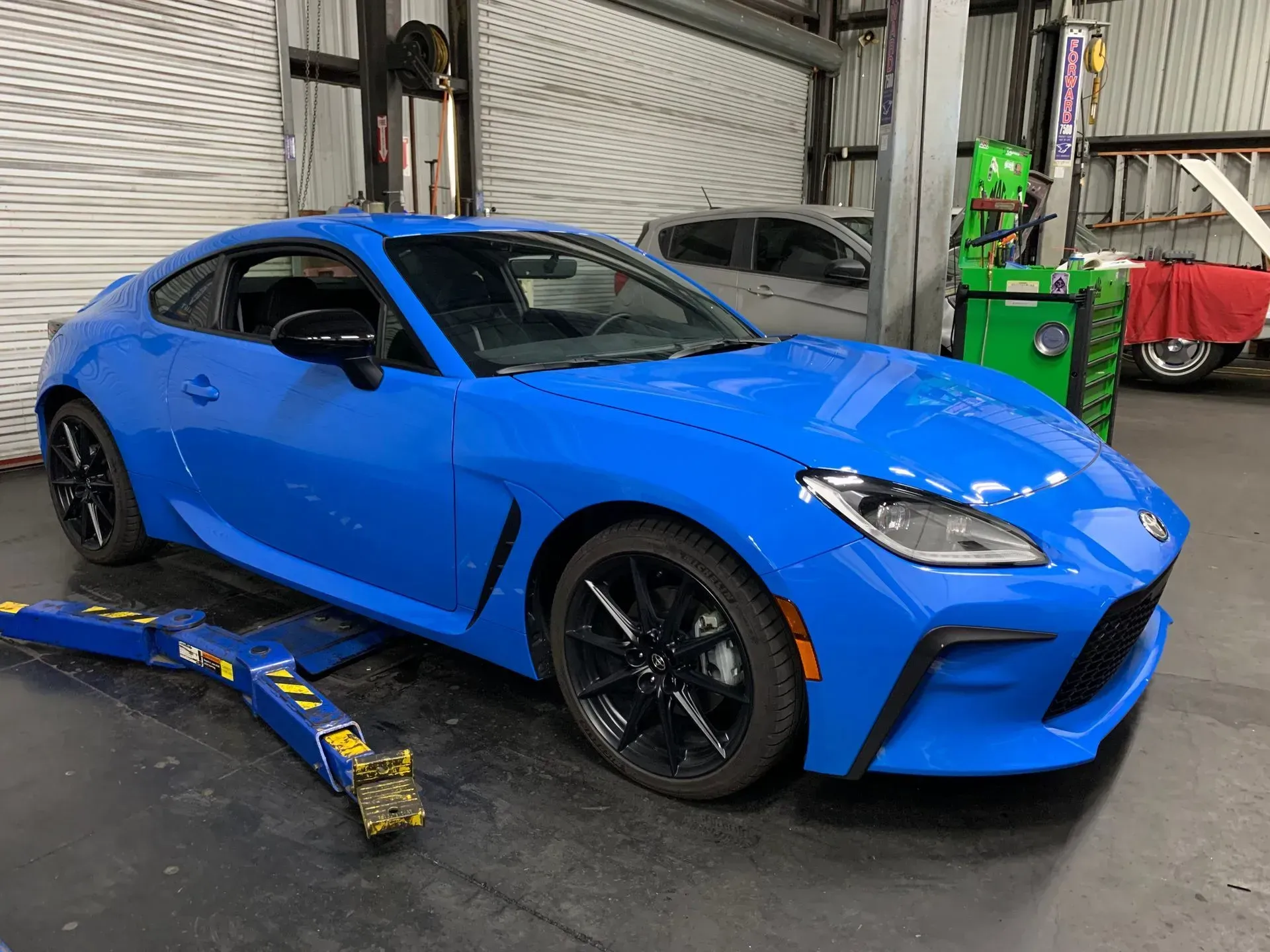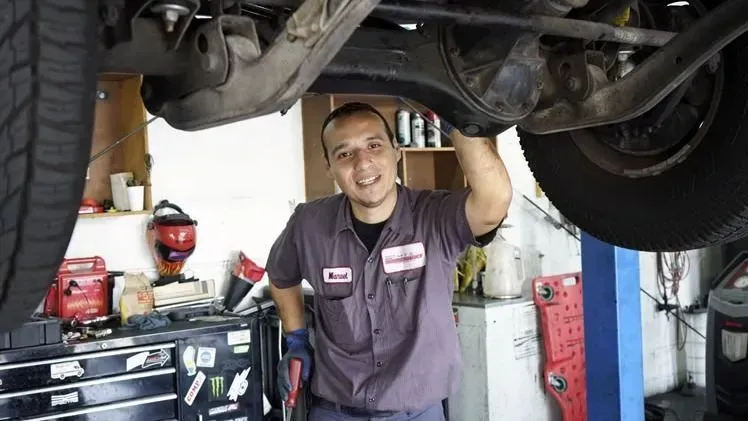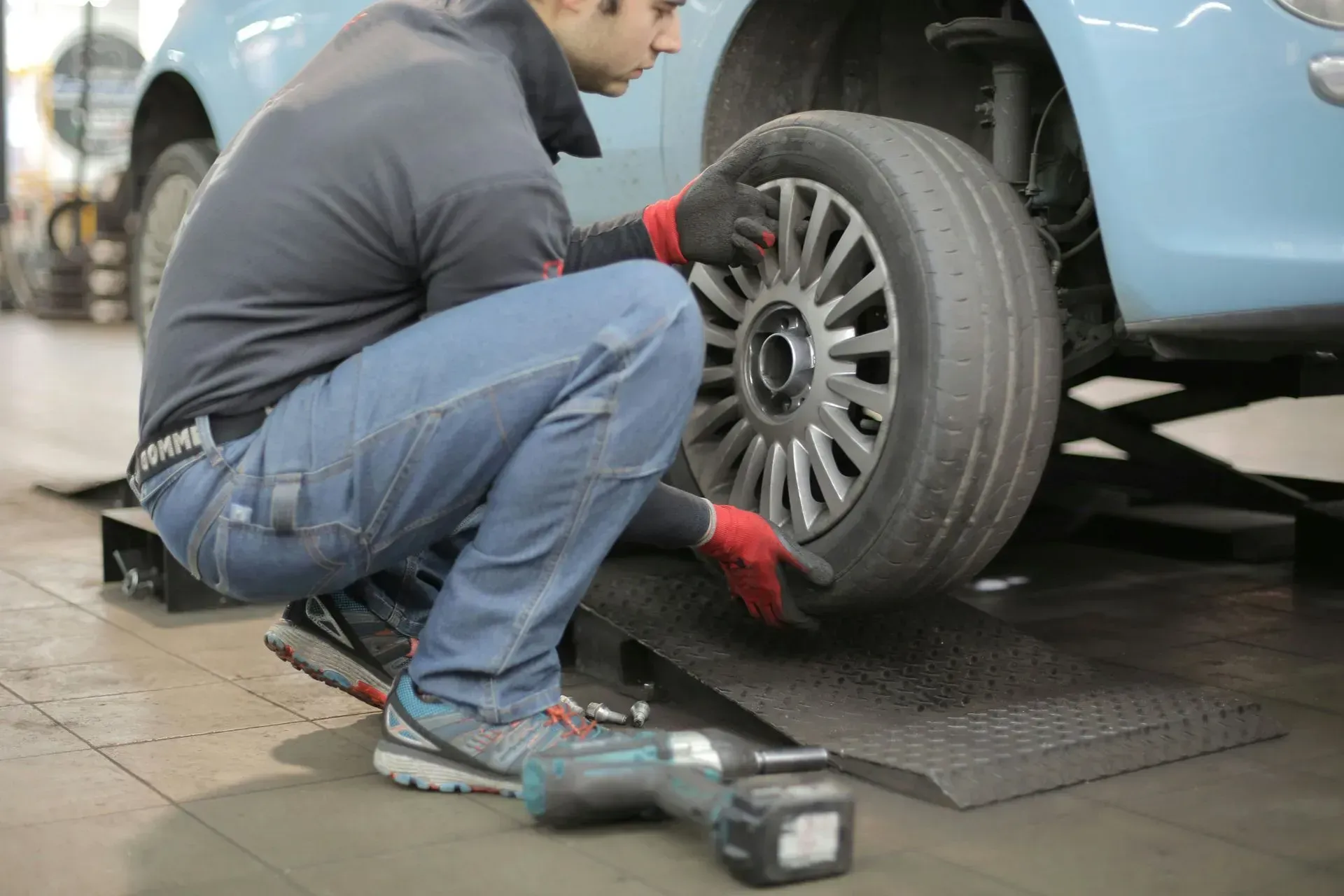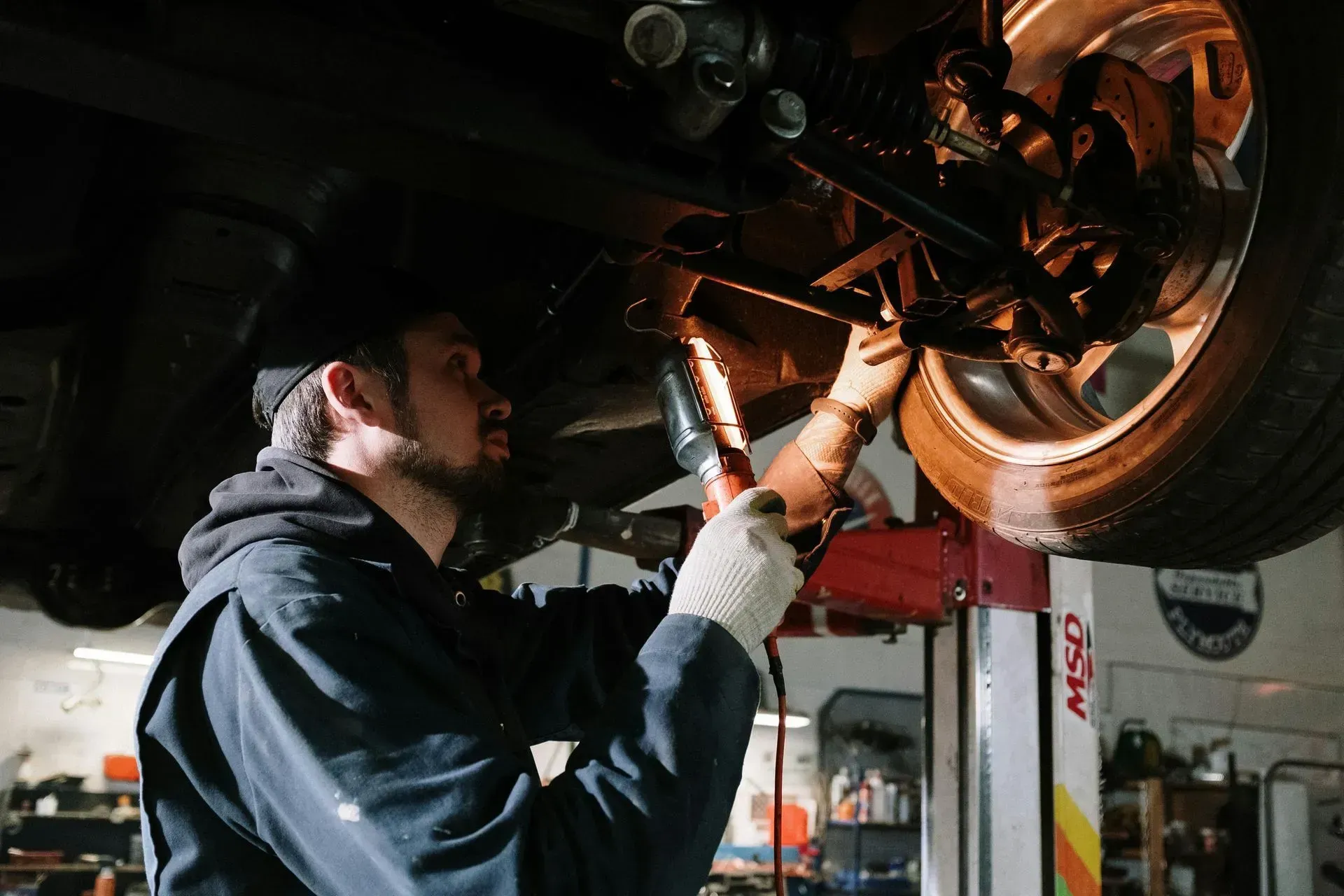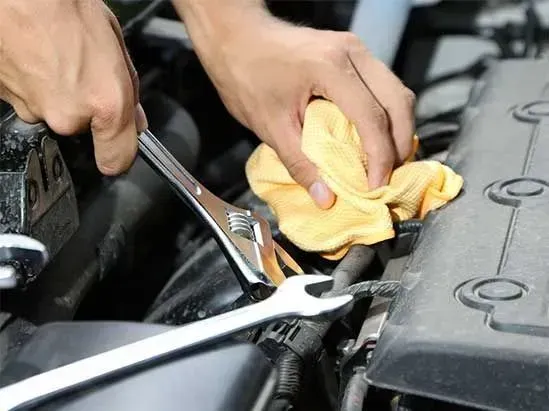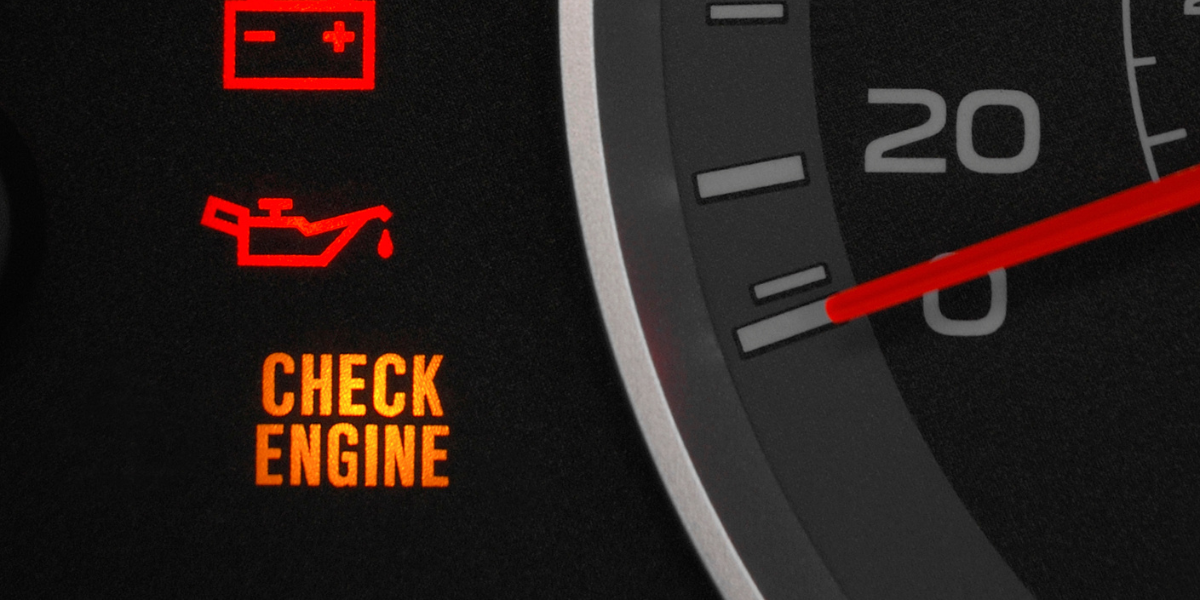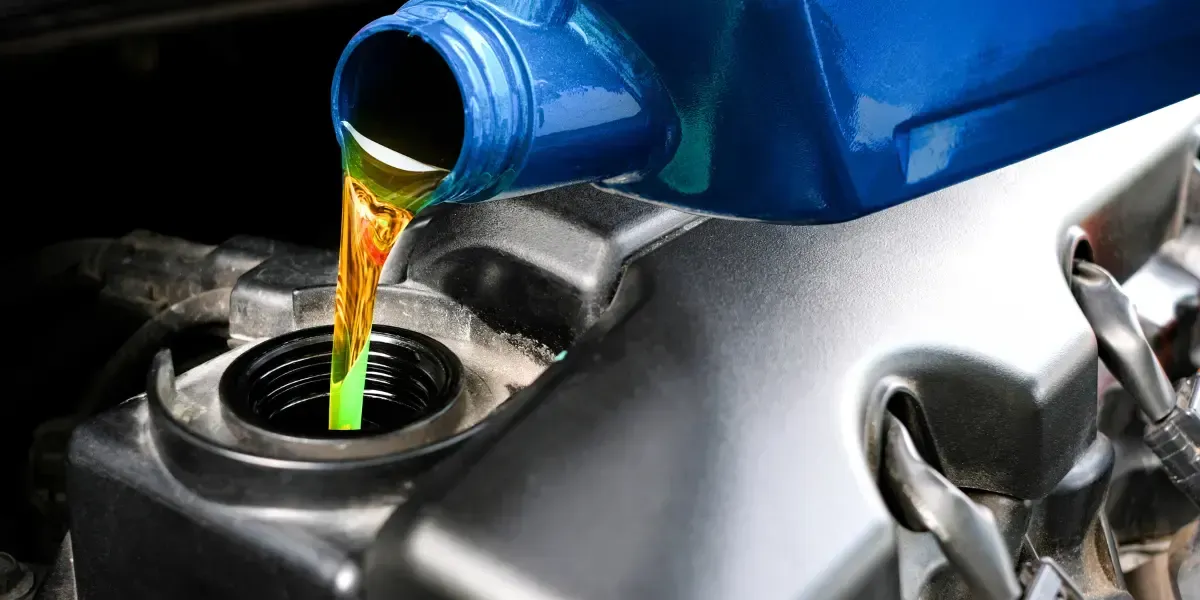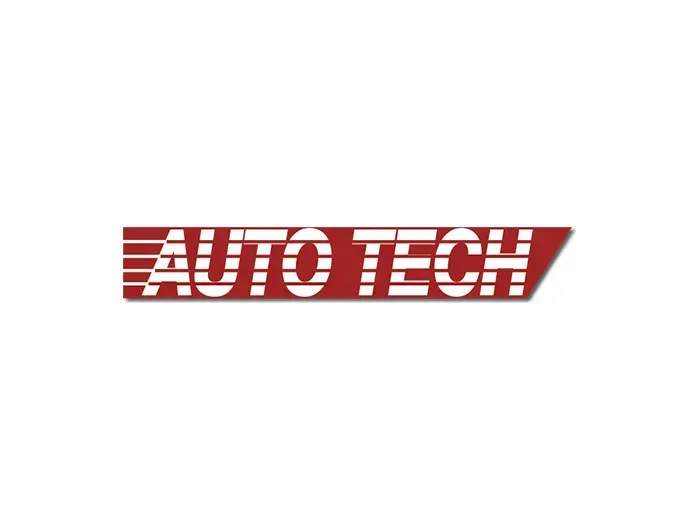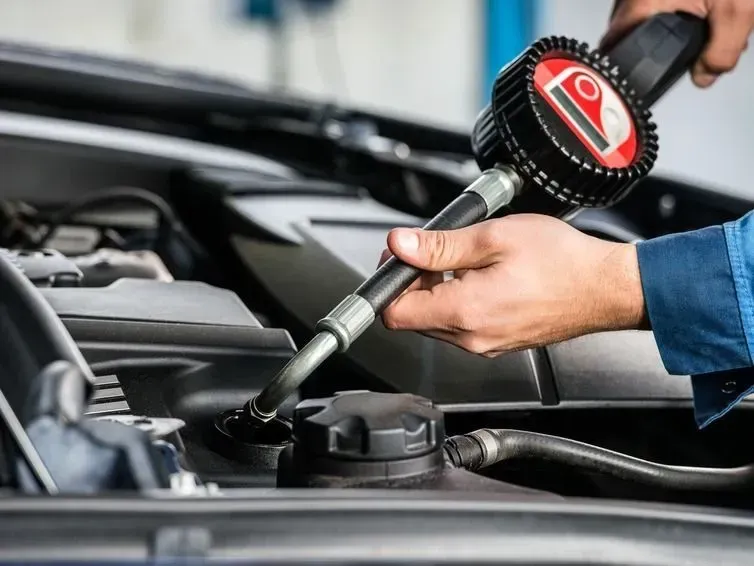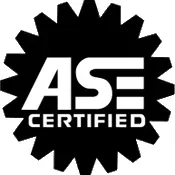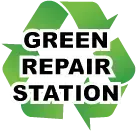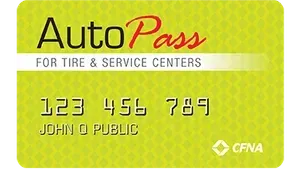High quality auto repair for all makes and models in El Cajon and surrounding areas
Bring Your Car Or Truck To See Auto Tech. Our Well-Trained Team Of Auto Care Specialists. Get Fair Pricing. Honest Quotes. And Quality Service, Guaranteed.
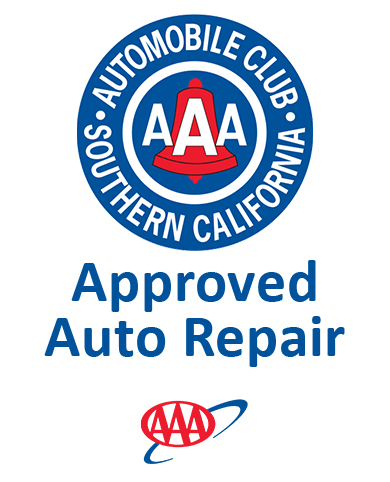
AAA APPROVED REPAIR SHOP
Auto Tech is AAA Approved and has won awards for excellent automotive repair services for AAA customers in El Cajon, La Mesa, and San Diego.

A/C SUMMER SPECIAL
This special includes
Perform visual inspection of belts, hoses, condenser, fittings and Schrader valves.
Check duct temperatures to make sure they meet or exceed factory specifications.
Check system refrigerant pressures for proper operation.
Note: This service does not include any gases, oil or additional labor.
PRICED AT
$69.95

Trusted Repairs for Peak Performance!
For over 41 years, Auto Tech has served residents of El Cajon, San Diego, La Mesa, and nearby areas with exceptional auto repair services. Our commitment to quality and customer satisfaction has made us a trusted resource for reliable vehicle maintenance.
We work on all makes and models, providing expert care for every client. Our expertise includes European brands like BMW, Volvo, and Mercedes, as well as luxury vehicles like Lexus and dependable brands such as Toyota and Honda. Whatever your vehicle, you can rely on us for top-notch repair and maintenance solutions.
- Our Services -
Complete Automotive Care at Auto Tech
Auto Tech provides exceptional maintenance and repair services through our skilled team. We ensure every vehicle receives the care it deserves, offering customers a reliable driving experience. Our commitment to quality makes us the trusted choice for your auto repair needs.
Oil & Filter Change
Changing your oil every 5,000 miles is crucial for engine performance and longevity, preventing dirt buildup and costly repairs while saving you money.
Tune-Ups
Keep your vehicle in optimal condition with regular tune-ups. We’ll check your belts, hoses, spark plugs and more to extend the life of your car.
Warranty Maintenance
Don’t invalidate your car’s warranty by not performing the required maintenance. Bring your car to us and keep your coverage in place.
Air Conditioning
Is it hot today? We offer air conditioning repair and recharging to help you stay cool this summer.
Brakes and Pads
How are your brake pads doing? We’ll let you know. Servicing your breaks is critical to keeping you and your family safe.
Transmissions
Your transmission is key to keeping your vehicle moving. Regular maintenance of your transmission is key!
Some of the finest vehicles come from Europe, and at Auto Tech, we are ready to service them. Our advanced facility in El Cajon has the tools for complex automotive systems and skilled mechanics specializing in European auto repair.
For maintenance on your Lexus, Acura, Infiniti, Subaru, or other Asian imports in El Cajon, visit Auto Tech. Since 1983, our experienced crew has handled all types of Asian vehicles, no job is too big or small.
Auto Tech services all US makes, including Ford, Lincoln, Cadillac, Chevy, Dodge, and Corvette, at our El Cajon shop. Proper maintenance is essential for extending the lifespan of your American vehicles.
Auto Tech in El Cajon services European, Asian, and domestic vehicles. Proper maintenance extends the lifespan of parts like suspension and transmission. Our certified technicians use advanced tools for modern cars.
Our business emphasizes punctuality by offering same-day service to minimize vehicle wait times and ensure your fleet remains operational. Reach out to us to establish a preventive maintenance system.
Schedule Your Service Appointment Today for a Hassle-Free Experience.
It’s Our Customers That Matter Most.
- Who We Are -
The Auto Mechanics You Can Trust
Auto Tech has proudly provided top-notch auto care to the El Cajon community for 41 years, performing thousands of oil changes, brake checks, and emergency repairs to keep families' cars running smoothly. Our shop is equipped with advanced tools and staffed by skilled mechanics, experienced in caring for all types of domestic and foreign vehicles.
We believe in treating customers as we would want to be treated, ensuring thorough quotes and competitive pricing. Schedule an appointment at Auto Tech to experience our service firsthand.
Don’t Wait for Disaster Trust Auto Tech for Brake Safety
How Do We Keep You on the Road?
Brakes often go unnoticed until it's too late. Over 20% of accidents from mechanical failure are due to faulty brakes, the second most common cause after tires. Unlike tires, you can't easily assess brake wear yourself.
At Auto Tech, we specialize in brake maintenance, ensuring your pads, rotors, calipers, and hydraulic system function properly to prevent unwelcome surprises.
Tune Ups & Preventative Maintenance:
Looking to minimize your car repair costs?
The simplest and most effective approach to lower the expenses of car repairs is to schedule regular tune-ups and preventive maintenance at Auto Tech.
At Auto Tech, we ensure your oil and filters are clean, your brakes are in excellent condition, and we address minor auto repair issues before they escalate into costly repairs.
Diagnostics & Emergency Repairs
What is that sound? Is it a squeak? A squeal? A sputter?
Does it start?
Don’t self-diagnose your car issues, as Auto Tech has the most modern diagnostic tools to figure out exactly what’s ailing your vehicle.
You count on your car to keep your life running. So Auto Tech will get you back on the road as soon as possible. And you can always rely on us for a complete, accurate and fair price quote.
- OUR COUPONS -
Don’t Miss Out on Our Incredible Discounts!

$20 OFF
Any Repair or Maintenance Service of $100 or More..$20 OFF

$50 OFF
Any Repair or Maintenance Service of $500 or More..$50 OFF

$75 OFF
Any Repair or Maintenance Service of $750 or More..$75 OFF

$100 OFF
Any Repair or Maintenance Service of $1000 or More..$100 OFF
Must present coupon at the time of Service Write up, Cannot combine with other offers
- Case Study
The 20-Point Inspection Pays Off
One Friday morning, David took his Volvo S70 to Auto Tech for an oil change. While waiting with coffee, a mechanic found the brake fluid low during a 15-point inspection.
They discovered a slow leak in the brake line. David noted he had to press the pedal harder, but the warning light hadn’t lit up, so he wasn't concerned.
Thanks to the inspection, the mechanics replaced the brake line and returned David and his Volvo S70 to the road the same day.
Some Common Myths About Caring For Your Car, Truck or Van
“Only a dealership can perform my scheduled maintenance.”
There’s no need to get your car serviced at an over-priced dealership service center. Any quality repair shop like ours should have the tools to perform the required service to your manufacturer’s specifications to preserve your warranty. If you have any doubts-- just ask us!
“Premium gasoline gives my car premium performance.”
Unless your car’s manual specifically states to use “premium fuel only,” then buying premium fuel is just a waste of money. American drivers wasted more than $2 billion in 2015 using premium fuel in cars designed to run on regular unleaded fuel.
“Use a penny to test when to replace your tires. ”
The “Penny Test” is a trick many of us were taught to test tread depth. But the truth is that by the time you can see Honest Abe’s head, your tire performance has already been compromised. Want to stay safe? Try using a quarter instead!
Auto Tech Blog
Frequently Asked Questions
What’s that bump, clunk, squeal, or screech?
We get some variation of this question about 20 times per day! Unfortunately, it’s hard to tell exactly what’s wrong without the proper diagnostic equipment. We’ve got the tools to do it, so bring you car in and we’ll let you know exactly what’s causing your mystery sound.
Does it hurt my car if I drive with the check engine light on?
It is possible. If it is flashing or solid light means you need to immediately have the error code checked before you do permanent damage. We do recommended that you come see us ASAP, to see what exactly is wrong before it can do long-term damage.
What’s the correct tire pressure for my car?
The recommended tire pressure is set by the tire manufacturer. Tire pressure is measured in PSI (pounds per square inch) and you can find your recommended pressure on the side of your tires. Properly inflated tires will help you get better gas mileage and reduce tire wear.
Auto Care Tips & Frequently Asked Questions
Early issue detection is vital, making routine maintenance essential for your car. At Auto Tech, we offer tips to keep your vehicle running smoothly.
Change your oil as needed, replace wiper blades every six months, and schedule a free inspection for noisy brakes. A noisy muffler may indicate an exhaust leak, so have it checked. Regularly inspect brake pads and monitor oil, coolant levels, and tire pressure.
What’s the correct tire pressure for my vehicle?
The correct tire pressure for a vehicle is determined by the size and weight of the vehicle, the type of tires it uses, load hauled, and the type of driving the vehicle is intended for. The vehicle manufacturer places a tire inflation placard in each vehicle that gives the proper tire inflation pressures for that vehicle. This placard is located on the inside of the glove box door, inside the fuel-filler door, or on the driver’s side doorpost (depending upon manufacturer). Most manufacturers also list tire inflation levels in the owner’s manual.
How often should I change my wiper blades?
For vehicles that are parked inside, car care experts recommend that the wiper blades be replaced at least once a year or when the wiper blades start streaking—which ever comes first. On vehicles kept outside or in areas where the wipers receive excessive use, changing the blades two or even three times a year is recommended for clear vision.
How often should I have my engine oil/filter changed?
According to automotive experts, regularly scheduled oil/filter changes are the single most important item for prolonging engine life. Most new vehicles have recommended oil/filter change intervals of 7,500 miles and some new vehicles have recommended oil change intervals of 11,000 to 15,000 miles under normal operating conditions, with "normal" operation described as the operation of the vehicle for at least 20 minutes at a medium speed, with a steady throttle and in a clean driving environment. Short hops to the store, stop-and-go rush hour driving, driving on dirt roads and inclement-weather operation are all considered severe operating conditions that can cause impurities to build up quickly in the oil, resulting in increased wear and tear on internal parts. That is why most owner’s manuals and mechanics recommend changing the oil and filter every three months or 3,000 miles (whichever comes first) to assure that maximum engine lubrication occurs while a minimum of impurities are suspended in the oil. To find out what the recommended oil change frequency is for your vehicle, check your owner’s manual or talk with your automotive service professional.
How can I tell if my coolant is OK?
It is impossible to determine the condition of the coolant in the radiator just by looking at it. Coolant, a mixture of ethylene glycol and water, breaks down with age, picks up contaminants that cause sludge, and becomes acidic. When this happens, it can cause corrosion within the radiator and cooling passages of the engine. To determine its condition, coolant must be checked with coolant test strips that measure PH balance. Coolant is an environmentally hazardous substance. It pollutes the water table and is poisonous to people and animals and therefore must be disposed of as a hazardous waste. Your mechanic has special tools and procedures for testing and changing coolant.
Why is heat coming out of my air conditioner?
If your air conditioning system is blowing hot air instead of cool, the refrigerant gas may have leaked out, you may have a clogged condenser, or the air conditioner’s blend door may be stuck. Whatever the cause of the problem, the air conditioning system needs immediate service. Turn the system off. You can cool the vehicle interior by putting the ventilation control in the “”vent”” position and/or opening the windows.
What can I do if my car overheats?
If you are driving at normal highway speed and the vehicle starts to overheat, turn off the air conditioner, turn on the heater and immediately pull over to the shoulder. Odds are if the vehicle starts to overheat at highway speed, there is a problem in the cooling system such as low coolant, a clogged radiator or a broken drive belt or burst hose. Once at the shoulder, shut off the engine, open the hood and let the engine cool down - 20 minutes minimum. Once any over boiling stops and the engine has cooled, look for obvious signs of trouble. DO NOT attempt to open the radiator cap unless the engine is off and the top of the radiator is cold. If there is no noticeable problem such as a broken drive belt or burst hose, you can then add a coolant/water mixture to the radiator or overflow reservoir, start the vehicle and drive slowly to a service facility.
How often should my car get a tune-up?
The term “tune-up” actually applies only to older cars without electronic ignition (before 1981). On these vehicles a tune-up would generally be required every 15,000 – 20,000 miles and consisted of replacing the spark plugs, ignition contact points, rotor and distributor cap and adjusting the ignition timing as well as the carburetor.
On modern vehicles equipped with electronic ignition, fuel injection and computer controls, the term “engine performance maintenance” is a more accurate term. A “tune-up” for these newer vehicles is an orderly process of inspection, computer diagnosis, testing and adjustment to maintain peak engine performance, maximum operating efficiency and low exhaust emissions.
During this process, spark plugs, plug wires, sensors, and modules may be replaced. The frequency at which a newer vehicle needs a tune-up is dependent more upon driving conditions than mileage and recommended tune-up frequencies vary between 30,000 – 100,000 miles, depending on the manufacturer. To learn how often your vehicle needs a tune-up, check your owner’s manual or speak with your local automotive service provider.
Why are my brakes making noise?
If you hear a grinding or squealing sound when the pedal is applied, you probably need new brake shoes or pads. Brakes shouldn’t make any noise as they operate. Even if the actual problem turns out to be something minor, the only safe assumption is this one: noisy brakes are unsafe brakes. Postponing service is unsafe and could raise the cost of repairs later. If your brakes are making noise, get them inspected or serviced right away.
Does my transmission ever need service?
Most car care experts advise having an automatic transmission’s fluid and filter changed every two years or 24,000 miles, to keep it in good working order. This is especially important if the vehicle is more than five years old. Many vehicles newer than five years old may need scheduled service less often and some new vehicles have transmissions that need no scheduled service for the life of the car.
By-the-book service, however, may not be adequate if your vehicle is driven hard, tows a trailer, goes off-road or carries a camper. Under these conditions, the fluid and filter may need to be changed more often - every 12 months or 12,000 miles - because dirt and moisture buildup in the fluid can cause internal damage. Heat buildup can also be a problem. The harder the transmission works, the hotter the fluid gets and the quicker the fluid breaks down. To find out the recommended service schedule for your vehicle’s transmission, check the owner’s manual or talk with your local automotive service provider.
Manual transmissions generally need no regularly scheduled service, but may need service due to worn clutch and throw-out bearings and broken synchromesh gears. Check your owner’s manual for specific information on manual transmission service or talk with your local automotive service provider.
Where can I find out about crash tests, rollover ratings and safety features for vehicles?
The National Highway Transportation Safety Board provides valuable information if you are researching the safety ratings of a vehicle. Go here to find out more: Safety Ratings (http://www.safercar.gov/Safety+Ratings)
Call Us Now to Schedule Your Appointment or Book an Appointment Today!
At Auto Tech, your safety is our priority. Our technicians offer reliable brake inspections and repairs. Schedule your appointment today!
